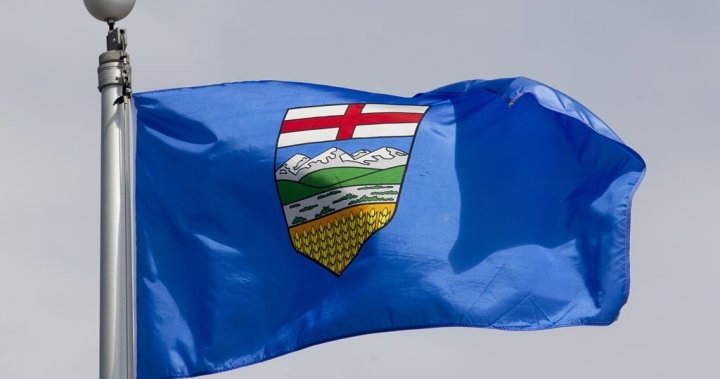In a decisive ruling that reverberated across Canadian provincial legislatures, the Alberta Court of King’s Bench has temporarily blocked the implementation of Premier Danielle Smith’s controversial gender-affirming care restrictions. The court’s decision on Thursday represents a significant legal setback for the provincial government’s attempt to limit medical interventions for transgender youth.
Justice Tamara Friesen granted an injunction sought by multiple plaintiffs, including transgender minors and their families, effectively halting the restrictions that were scheduled to take effect on October 21. The ruling suspends what would have been Canada’s most restrictive regulations on gender-affirming medical treatments for minors.
“Today’s court decision acknowledges the potential harm these restrictions could inflict on vulnerable young Albertans,” said Dr. Rebecca Sullivan, a health policy expert at the University of Calgary. “The court recognized that the balance of convenience and the risk of irreparable harm clearly favors maintaining access to established medical care.”
The now-suspended regulations would have prohibited gender-affirming surgeries for anyone under 18, banned puberty blockers and hormone therapies for children under 16, and implemented significant barriers for those aged 16-17 seeking such treatments. Premier Smith had characterized these measures as necessary protections, claiming they would prevent “life-altering” decisions until adulthood.
However, medical organizations across Canada have consistently opposed these restrictions, noting they contradict established medical consensus. The Canadian Pediatric Society has emphasized that gender-affirming care represents evidence-based treatment that can be life-saving for transgender youth experiencing gender dysphoria.
“The research is clear that access to appropriate gender-affirming care significantly reduces depression, anxiety, and suicidal ideation among transgender adolescents,” explained Dr. James Makokis, an Indigenous family physician specializing in transgender health care. “Denying this care doesn’t protect children—it places them at heightened risk.”
The court challenge was led by several plaintiffs, including a 17-year-old transgender Albertan identified only as “H.S.” in court documents. Their legal team successfully argued that the regulations would cause immediate and irreparable harm while delivering questionable benefits.
Premier Smith responded to the ruling with disappointment, stating her government would review the decision before determining next steps. “Our government remains committed to protecting children from making permanent decisions they may later regret,” Smith told reporters at a press conference in Edmonton.
The injunction will remain in effect until a full constitutional challenge can be heard. Legal experts suggest this process could extend well into 2025, creating a prolonged period of uncertainty for transgender youth and their families in Alberta.
This legal battle occurs against a backdrop of similar legislation being introduced across North America. Several U.S. states have enacted comparable restrictions, many of which face ongoing legal challenges. Alberta’s approach represents the most restrictive attempt at such legislation in Canada, though Saskatchewan has proposed similar measures.
The court’s decision has been celebrated by LGBTQ+ advocacy groups as a crucial victory, albeit a temporary one. “This injunction provides breathing room for families who were facing impossible choices,” said Kristopher Wells, Canada Research Chair for the Public Understanding of Sexual and Gender Minority Youth. “Many were considering relocating to different provinces to maintain access to essential care.”
Economic implications also factor into the equation. Healthcare economists point out that restricting gender-affirming care typically results in higher long-term costs associated with treating severe mental health conditions and emergency interventions.
As this legal battle continues to unfold, the fundamental question remains: who should determine appropriate medical care for transgender youth—families working with medical professionals, or provincial governments establishing blanket restrictions? With competing perspectives on parental rights, medical autonomy, and the role of government in healthcare decisions, Albertans now await the full constitutional hearing that will ultimately decide the fate of these contentious regulations.











